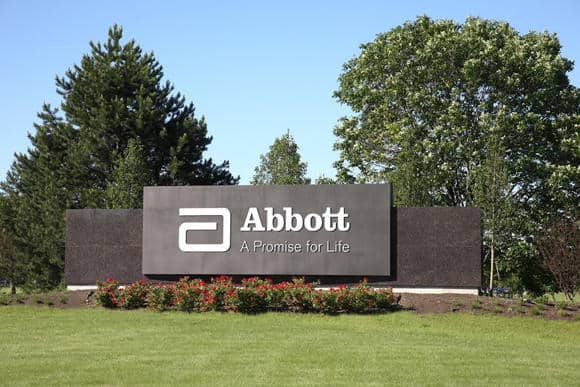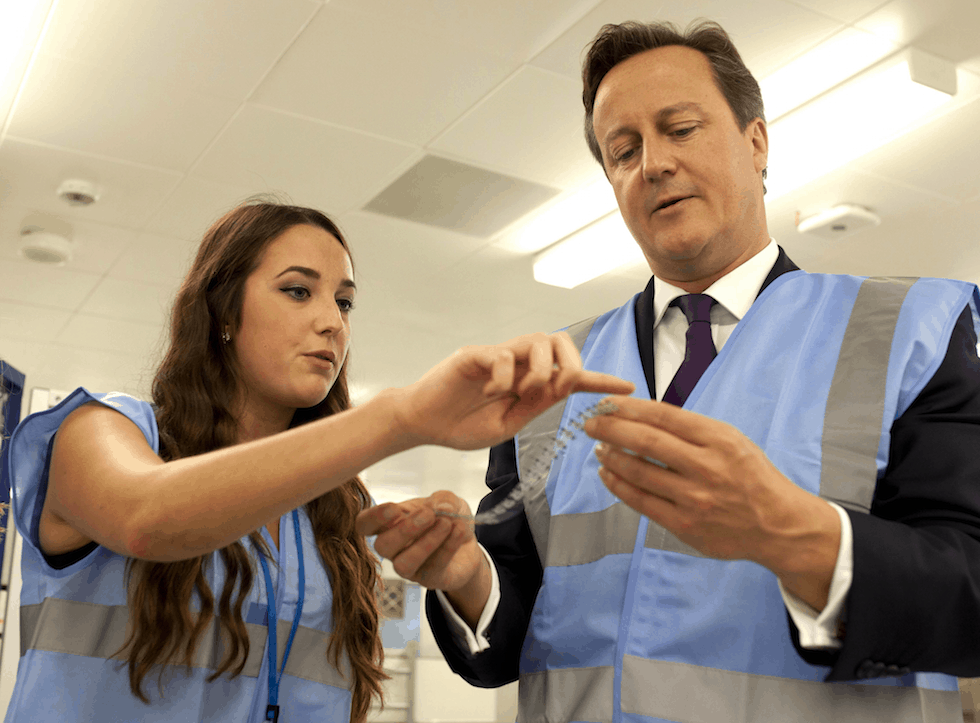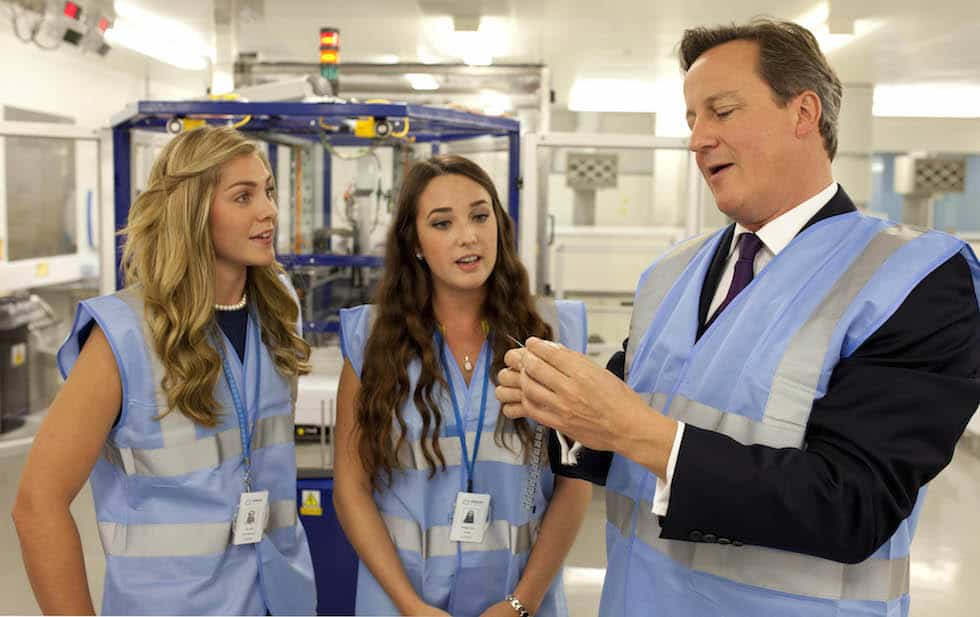Student Engineer got in touch with two of its graduate intake to find out more about their careers.

Thank you both for taking the time to talk to us. Can you tell the Student Engineer who you are, where you studied and what you studied?
My name is Jessie Ravenscroft and I studied Engineering Science at Oxford University.
I'm Rebecca Lowe and I studied Engineering Science at Oxford University. [To elaborate], this was a general engineering course for the first two years, and then I specialised into Biomedical and Electrical engineering throughout my third and fourth year.
What roles have you been fulfilling so far at Abbott?
 JR (left): I am currently working in Operations Planning, where I am project managing a project to implement barcode scanning technology into strip manufacturing. It is my first rotation on the graduate scheme, so it is a great opportunity to work with people across the site and learn about different areas of the business.
JR (left): I am currently working in Operations Planning, where I am project managing a project to implement barcode scanning technology into strip manufacturing. It is my first rotation on the graduate scheme, so it is a great opportunity to work with people across the site and learn about different areas of the business.
RL: I joined Abbott in the Operations team and helped bring in the new equipment for the FreeStyle Libre product. I was involved in the initial testing of the equipment, created the manufacturing procedures and trained the technicians on the processes. I then moved into Operations Engineering and worked on the validation of two new machines. I spent two months at the supplier’s facility overseas testing the equipment before it was shipped to the UK. I have recently moved into a role in Technical where I am leading a project to improve efficiencies.
What preparations did you make prior to applying to join Abbott and in what ways do you think they helped you?
 RL (left): Before applying I read about Abbott on the company website to gain a good understanding of what is involved in the company. I also read about the graduate scheme and what type of candidate they were looking for to ensure I was prepared for the application and interviews.
RL (left): Before applying I read about Abbott on the company website to gain a good understanding of what is involved in the company. I also read about the graduate scheme and what type of candidate they were looking for to ensure I was prepared for the application and interviews.
JR: I did research into the company and the products that are made at Abbott’s diabetes care business, and I also spent some time researching diabetes. This gave me an understanding of the market and helped me to develop questions to ask at the interview. I looked into other graduate schemes to compare how they were structured and really liked the emphasis that the Abbott scheme puts on real manufacturing experience; if you are working on a product it is important to understand the processes involved.

Placements can be really important in making a CV stand out. Did you undertake a placement prior to joining Abbott? If so, what did you do, where did you do it, and what key skills has it given you?
JR: I didn’t undertake an engineering placement before applying to Abbott, but after graduating from university I spent a year travelling and managing a pub in London. This gave me the opportunity to develop my management skills in a customer focussed environment. I have been able to transfer these skills to my work at here, as the graduate scheme intends to give hands on project management experience from the beginning.
RL: I completed a Studentship at Oxford University in Bio-Engineering Modelling. This involved creating a mathematical model of bone formation to predict cell behaviour and determine key parameters. This developed my analytical skills and also introduced me to finite element coding. Before starting the project I had to fully understand the subject and work out what I wanted to achieve by the end, so this developed my research and planning skills.
What extracurricular activities do you/have you done that have helped you to get your job at Abbott?
JR: I am really passionate about encouraging young women to enter into STEM careers, so I volunteered as a STEM ambassador in London. This is something I intend to continue whilst working at Abbott.
RL: I trained at national level in a swimming club and competed most weekends and this has contributed to making me the committed and determined person that I am today. I believe these attributes helped me to succeed in the application process at Abbott. I gained the “v50 vInvolved” Award for which I worked at a primary school helping the Year One class with their work and reading and this required great responsibility. I believe this is a very important attribute for an Abbott employee.

What other advice do you have for engineering students who want to work for Abbott and are thinking about applying?
JR: Abbott is a great company to work for and everyone here is very proud of what they contribute, so be enthusiastic in the interview. It is just as important to show how your personality will fit in with the team as it is to have an impressive CV.
RL: Abbott is a fantastic company to work for with countless opportunities. You are given important responsibilities from day one, so I would suggest making it clear in your application and interviews any responsibilities that you have had and how you dealt with any obstacles that you may have come across. I was given the responsibility of meeting Prime Minister David Cameron and explaining our products to him on only my fourth day at Abbott! We are very people-focused, so it is important that your personality comes across throughout the application process – talk about your hobbies and show Abbott the person that you are, in addition to your academic capabilities.




Poll: Should the UK’s railways be renationalised?
I'm reminded of the old adage about stupidity is doing the same thing time and time again, expecting different results. The current model simply...